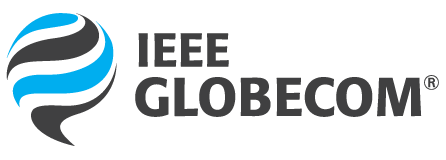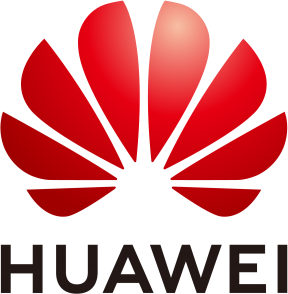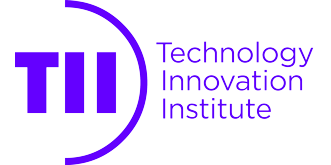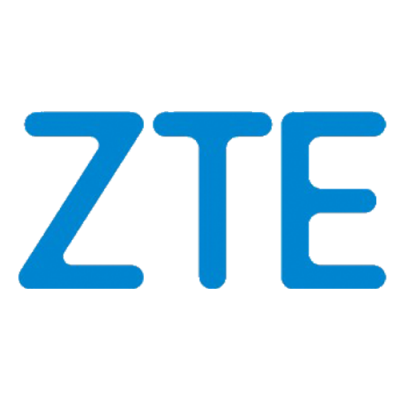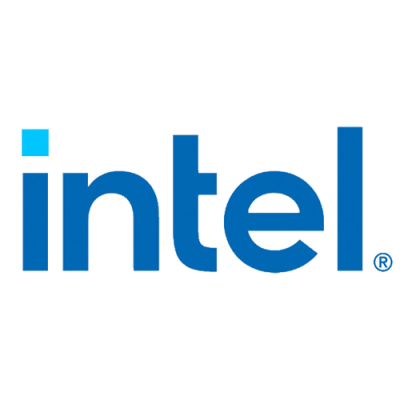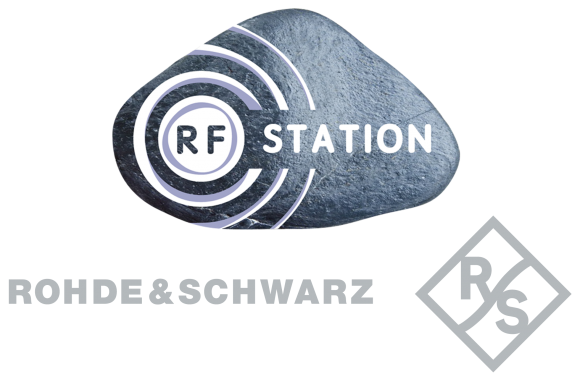Contemporary communications are characterized by higher network density and heterogeneity.
Developing a communication system to address these challenges and the requirement to serve
users with varying demands in terms of data rates, reliability, latency, and mobility patterns
results in high design complexity. However, recent advances in artificial intelligence (AI) and
machine learning (ML) techniques facilitate improved network design, operation, and
maintenance by leveraging the high volume of network data generated by dense networks. On
the other hand, the requirement to embed wireless networks with the AI necessitates their
optimization for enabling efficient learning over wireless networks. Thereby, potentially requiring
a joint design of AI and wireless. This workshop focuses on theoretical aspects of AI/ML in wireless networks, data-driven optimization algorithms, ML-based intelligent network automation, and optimization of autonomous and self-organizing mobile wireless networks. The aim is to bring together academic
researchers and industry practitioners to brainstorm on relevant challenges, recent advances in
AI/ML, and the capabilities of emerging solutions. Topics of interest for this workshop include
but are not limited to the following:
- Deep and Reinforcement Learning for Wireless Communications
- Machine learning for automated anomaly detection systems
- Network architecture and protocol design for AI-enabled 6G
- Communication and energy efficiency in distributed intelligent systems
- Cross-layer design for distributed machine learning (ML)
- Communication and signal processing for wireless edge intelligence
- Data analytics for large-scale network performance analysis
- Data-driven intelligent radio resource management algorithms
- Artificial intelligence-enabled zero-touch network and service management
- Multi-agent reinforcement learning in wireless networks
- Privacy and security aspects of decentralized ML over wireless networks
- Robustness in distributed sensing, learning and inference
- Fundamental limits of decentralized ML
- Data-driven green communications and computing
- Wireless designs for federated learning
- Graph machine learning for large-scale wireless networks
- Other ML frameworks including deep unfolding, transfer learning, meta-learning, etc.
